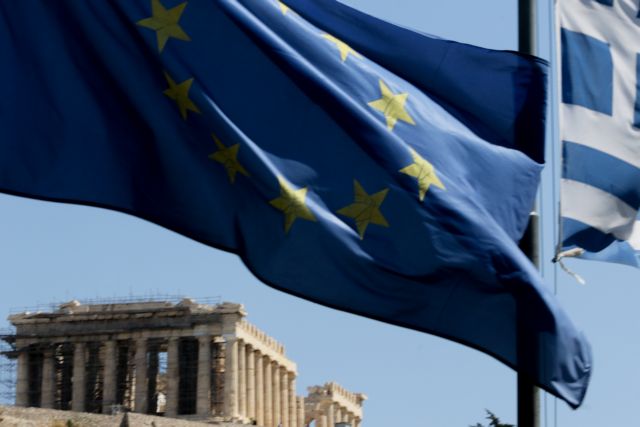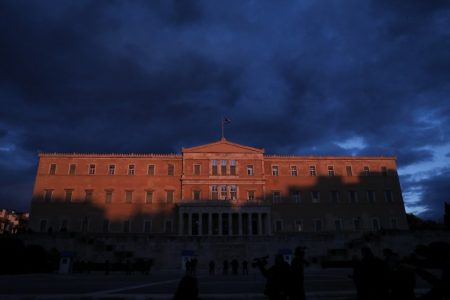Geopolitical and international conditions have changed dramatically over the last years all over the world.
Τhe constants that were built after the collapse of the Eastern Bloc and that were influenced by the only superpower gradually weakened.
The US, which was inspired by globalisation, pursued and imposed free trade and the movement of capital in order to maintain its predominance and to secure its advantage over time .
At first the US benefited benefited but it unwittingly allowed other powers to exploit the new conditions, to win over markets, to rise economically, to create power bases, and in the end to dispute US primacy.
When the US realised the benefits for Europe, China, Russia, India, Brazil and others it acted defensively. Trump came to power and he did not hesitate to turn to protectionism in a bid to regain lost ground.
However, it may have been too late and Trump’s methods were not the best. Now, US primacy is threatened. Its international role is receding and the world is becoming multi-polar – full of competition and trade wars.
Europe also is not diplomatically unified and each country is seeking oppotunities and possibilities in this new world.
The Germans want to maintain their export advantage. The French want their share of the pie. Britain after Brexit will want to move dynamically to claim a position and presence near the US amidst intensifying international competition.
Greece and Greek diplomacy cannot afford to be indifferent about this new geopolitical situation that is emerging.
In a situation shaped by trade wars Greece does not have the luxury of conducting a formalistic «political diplomacy». It must be supplemented with strong elements of «economic» diplomacy.
At a time when bilateral agreements are being revived and the Greek economy is pursuing a re-integration in the international economic system, it is necessary for Greek diplomacy to act dynamically and to become a vehicle for advancing the export of Greek products and there must also a domestic mechanism for attracting foreign investment.
On the government’s part,the PM has undertaken an initiative that will attempt to reform Greek diplomacy, to broaden its horizons, and to give it a substantial role in efforts to achieve an economic rebirth.
The adaptation of Greek diplomacy to new conditions is absolutely necessary and there is no room for the customary Greek trade union reactions which merely fuel inhibitions and postponemnents.
In rapidly changing times one needs to see reforms everywhere.





